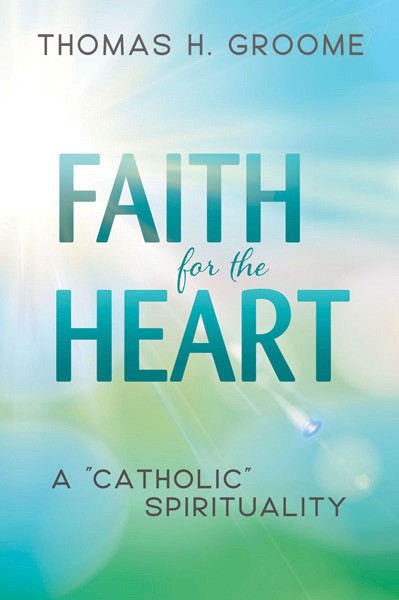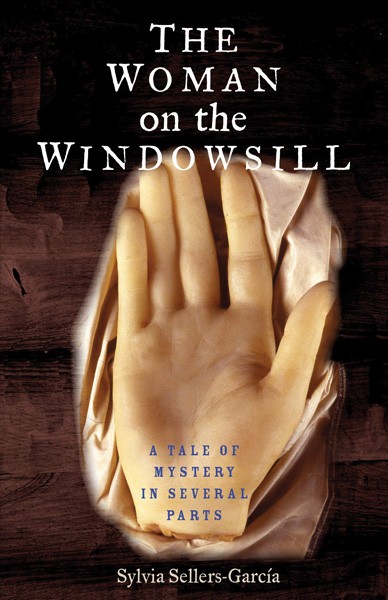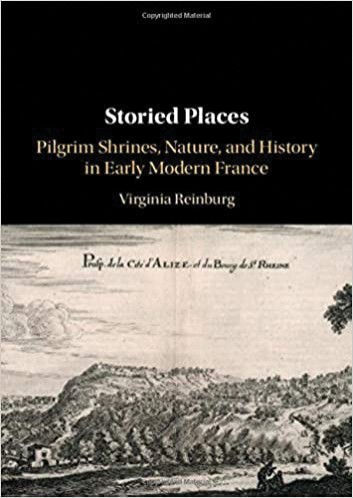Tony Matrimony
The BC African Student Organization celebrated its twenty fifth anniversary at their annual fashion show.
Photo: Courtesy of Heather Cox Richardson
While researching my 2014 book To Make Men Free: A History of the Republican Party, I read Barry Goldwater’s book Conscience of a Conservative. As a historian of nineteenth-century American politics, I was struck by how Goldwater’s book, written in 1960, echoed an 1858 speech by South Carolina Senator James Henry Hammond. Writing a century apart, both men warned that widespread voting would lead to redistribution of wealth, insisted that the government could not promote social welfare, and called for a few elite leaders to direct society. In Hammond’s day, that argument led southern elites to create the Confederate States of America, replacing the fundamental principle that “all men are created equal,” with the idea that some men were better than others, and those men should run the nation.
How, I wondered, was it possible for men like Goldwater and Hammond, with their anti-democratic message, to achieve such power in a democracy? And what did it mean that certain modern Americans continue to use the same language?
My new book attempts to provide some answers. How the South Won the Civil War explores why certain leaders make the same arguments today that elite slaveowners did before the Civil War. From there, the book examines how a handful of oligarchs—super wealthy and powerful men—manage to convince ordinary Americans to support their belief that society should be run by elites.
Ultimately, oligarchs in America have been able to undermine democracy because of a paradox built into our history. From the beginning, the Founders’ ringing principle that “all men are created equal” depended on the idea that most Americans—women, black Americans, and all people of color—were excluded from it.
The idea that equality for certain people—originally propertied white men—depended on inequality for everyone else left a curious loophole for those eager to seize power for themselves. In times when it seemed as if women and people of color might become equal, they argued that such an expansion of rights would overturn the American system. This was a message voters could rally around, and they sup- ported leaders who promised to preserve American values even as those leaders took more and more power. At heart, then, this rhetoric, based in the peculiar paradox of American history, has enabled oligarchs to undermine democracy.
What I wanted to reclaim with How the South Won the Civil War is that while this powerful political rhetoric is steeped in racism and sexism, it also taps into the enormous excitement and promise of democracy that sparked a new nation in 1776: the idea that people in this new, radical country were not bound to the fate of their parents, but could indeed create their own destiny.
Our greatest leaders have challenged the American paradox and urged us to make the principle of equality a reality. As Abraham Lincoln put it the same year that James Henry Hammond was talking about a world controlled by a few wealthy men, “I should like to know if, taking this old Declaration of Independence, which declares that all men are equal upon principle, and making exceptions to it where will it stop?” Lincoln called for Americans to rededicate themselves to making sure “that this nation, under God, shall have a new birth of freedom—and that government of the people, by the people, for the people, shall not perish from the earth.” A century and a half later, we require no less dedication. 
Heather Cox Richardson writes about her new project, which puts current events in a historical context.
The last days of writing a book are all-consuming, and when I was finishing How the South Won the Civil War, I was also teaching during Boston College’s fall semester and moving, so the last thing I expected was to start a nightly political newsletter. But on September 15, 2019, I got stung by a yellow jacket, and as I sat still to see how bad my reaction would be, I wrote a Facebook post noting something big I had seen two days earlier. The House Intelligence Committee Chair Adam Schiff (D-CA) had written a letter to the acting director of National Intelligence, Joseph Maguire, calling him out for withholding a whistleblower complaint. Schiff didn’t know what was in the complaint, but he knew it had to be important for Maguire to refuse to hand it over, as the law required.
That post drew lots of questions, so I wrote another, and then another, and so was born the Letters from an American blog and newsletter, chronicling the days of the Trump presidency from a historical perspective. It has hundreds of thousands of readers, and now listeners: Ani DiFranco reads the letters daily on her radio station.
The Letters have become, inadvertently, a complement to How the South Won the Civil War. But rather than emphasize our failures, as the book does, they celebrate the triumphs of American democracy. heathercoxrichardson.substack.com

Groome, a prolific writer and professor of theology and religious education, has said that he penned his latest book “for the ‘nones,’ for the ‘spiritual but not religious,’ and for anyone challenged in their faith at this time.” In this exploration of how faith feeds the heart’s hungers—for love, happiness, freedom, and more—Groome makes the case for spirituality in an increasingly secular world.

True-crime aficionados will want to hit pause on their podcasts and pick up this account of a brutal murder in Guatemala City during the summer of 1800, when a mapmaker opened his study window to find a pair of severed breasts. Sellers-García, an associate professor of history, sheds light on the criminal case, revealing how it altered justice systems throughout Latin America.

A screening of the South Korean director Han Hyumg-mo’s 1956 movie Madame Freedom left Klein, an associate English professor, wondering about the climate that produced such a scandalous-for-its-time film. Klein’s book is the first monograph devoted to Hyumg-mo—“a talented filmmaker whose work has not been fully appreciated by film scholars,” as she told The Korea Times.

Get lost in this study of French pilgrim shrines by Reinberg, an associate professor of history. Demonstrating the role that Sainte-Reine, Notre-Dame Du Puy, Notre-Dame de Garaison, and Notre-Dame de Betharram played in the Catholic revival following the religious wars, Reinburg evokes a sense of place as she probes the legends surrounding these sacred sites.
On Chesil Beach By Ian McEwan
“This beautiful, elegant novella tells the story of a couple in 1962, just married and embarking on their life together. While it describes the couple on honeymoon, ultimately it reveals itself as a meditation on the consequential permanence of life’s most fleeting moments. ”
—Steve Koh, Marianne D. Short and Ray Skowyra Sesquicentennial Assistant Professor of Law

Illustration: Joel Kimmel